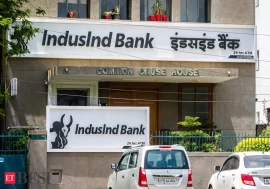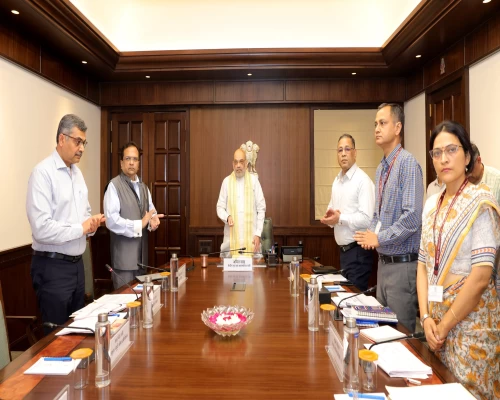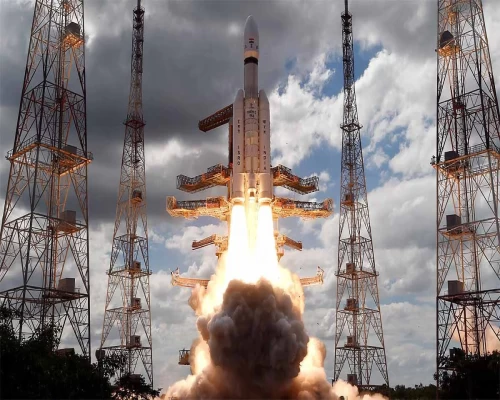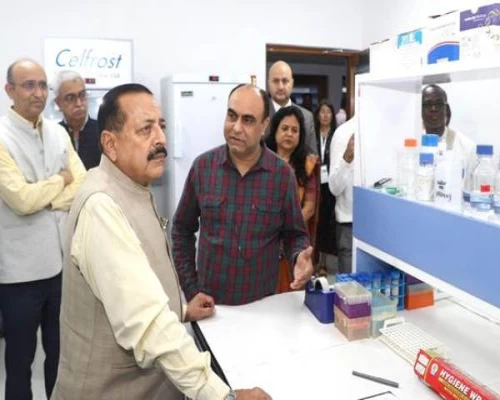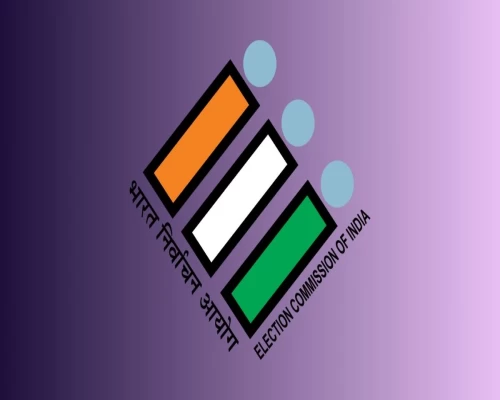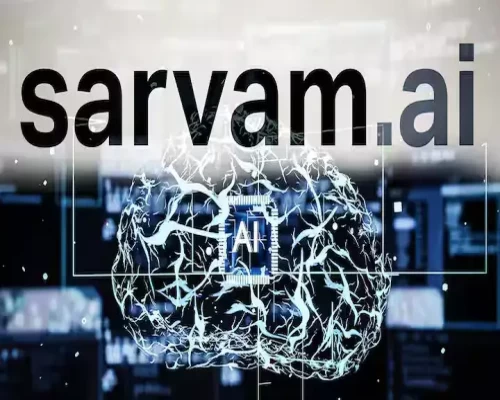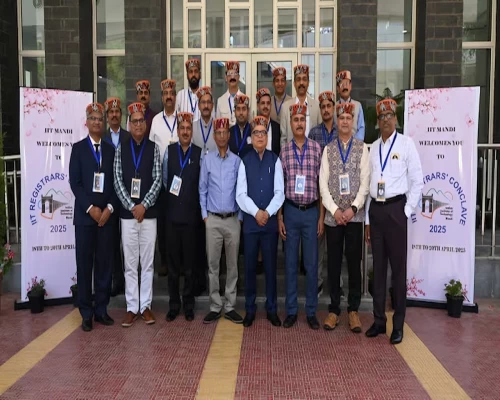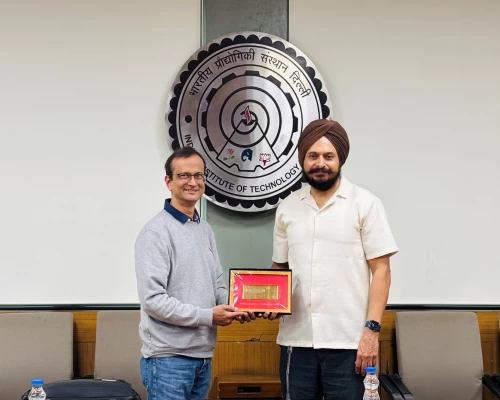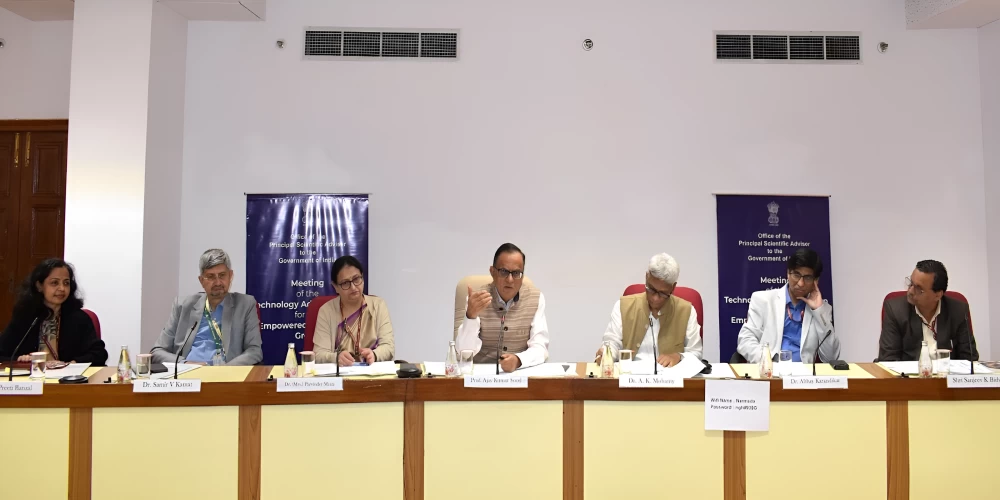
New Delhi: The Technology Advisory Group (TAG), constituted by the Empowered Technology Group (ETG), convened its second meeting on Tuesday under the chairmanship of Ajay Kumar Sood, Principal Scientific Adviser to the Government of India, to explore opportunities and interventions for strengthening advanced manufacturing in the country.
The meeting brought together members of the TAG, comprising nine experts from academia and ten from industry, along with members of the ETG, senior government officials, and domain specialists. Discussions focused on ongoing initiatives in advanced manufacturing, a comparative analysis of the global landscape, and the development of a coordinated national roadmap to drive innovation in the sector.
In his address, Ajay Kumar Sood highlighted the recently announced National Manufacturing Mission in the Union Budget 2025, aimed at positioning India as a global manufacturing hub. He spoke about the critical role of the ETG in identifying key challenges across various sectors and the expert advisory support provided by the TAG in addressing them. He noted that discussions from the first TAG meeting on topics such as alternative battery technologies, carbon capture, utilisation and storage (CCUS), and artificial intelligence have contributed to major national initiatives, including the AI mission, Anusandhan National Research Foundation (ANRF) MAHA-EV mission, and the CCUS mission.
He stated that the discussions on advanced manufacturing aimed to identify key technologies and challenges across the entire value chain, from design and production to sustainability and end-of-life considerations. He added that advanced manufacturing is closely linked to the vision of Atmanirbhar Bharat, ensuring self-reliance and global leadership in critical industries.
Preeti Banzal, Adviser and Scientist ‘G’ at the Office of the Principal Scientific Adviser, provided an overview of the ETG, its mandate and functioning, and the role of the TAG within its framework. She noted that since its inception in February 2020, the ETG has held 65 meetings, evaluating 122 R&D, technology development, procurement, and policy proposals from 27 ministries. It has also engaged 153 subject matter experts to provide insights and recommendations for driving advancements in science, technology, and innovation. She outlined the strategic significance of advanced manufacturing technologies and their latest developments from a national perspective.
The meeting featured detailed presentations from leading experts covering various dimensions of advanced manufacturing. Nagahanumaiah, director of the Central Manufacturing Technology Institute (CMTI) in Bangalore, spoke about India's competitiveness in the sector and the role of smart automation in shaping its future. Gurumurthy, director of the Foundation for Science Innovation and Development (FSID) at IISc Bengaluru, focused on digitalised manufacturing, including additive and hybrid manufacturing, smart industrial IoT systems, and predictive maintenance using digital twin technology.
Sankhadip Das, scientist at the Ministry of Electronics and IT (MeitY), discussed additive manufacturing and its applications in aerospace, defence, healthcare, and automotive sectors. He also spoke about the National Strategy for Additive Manufacturing (NSAM) launched by MeitY in 2022. Atul Choudhari, chief technology officer at Tata Consulting Engineers and a TAG member, presented on 3D concrete printing using construction waste, highlighting sustainable and cost-effective infrastructure solutions. Kaushik Chatterjee, chair of the Department of Bioengineering at IISc Bengaluru, outlined developments in 4D printing and its applications in healthcare, including microrobots and deployable medical devices. N. Subramanian, executive director of the Society for Electronic Transactions and Security (SETS), provided insights on cybersecurity challenges in advanced manufacturing.
The discussions led to recommendations for strengthening the overall ecosystem for advanced manufacturing in India. Participants highlighted the need for a nationally coordinated effort, greater collaboration between government, industry, and academia, and capacity-building initiatives to develop a globally competitive workforce.
Parvinder Maini, scientific secretary at the Office of the Principal Scientific Adviser, summarised the key points from the discussions, including the need for shared infrastructure, a skilled workforce, solutions to core technology challenges, capability centres near manufacturing hubs, sensor hubs, regulatory alignment, and the creation of standards and coherent policies for advanced manufacturing.
In his closing remarks, Ajay Kumar Sood reiterated that a structured and strategic approach to advanced manufacturing would be crucial for India's long-term industrial growth and its ambitions of becoming a robust product nation, in line with the broader objectives of the National Manufacturing Mission.
BI Bureau


